2023 Grant Recipient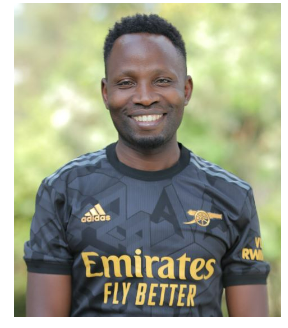
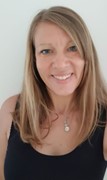
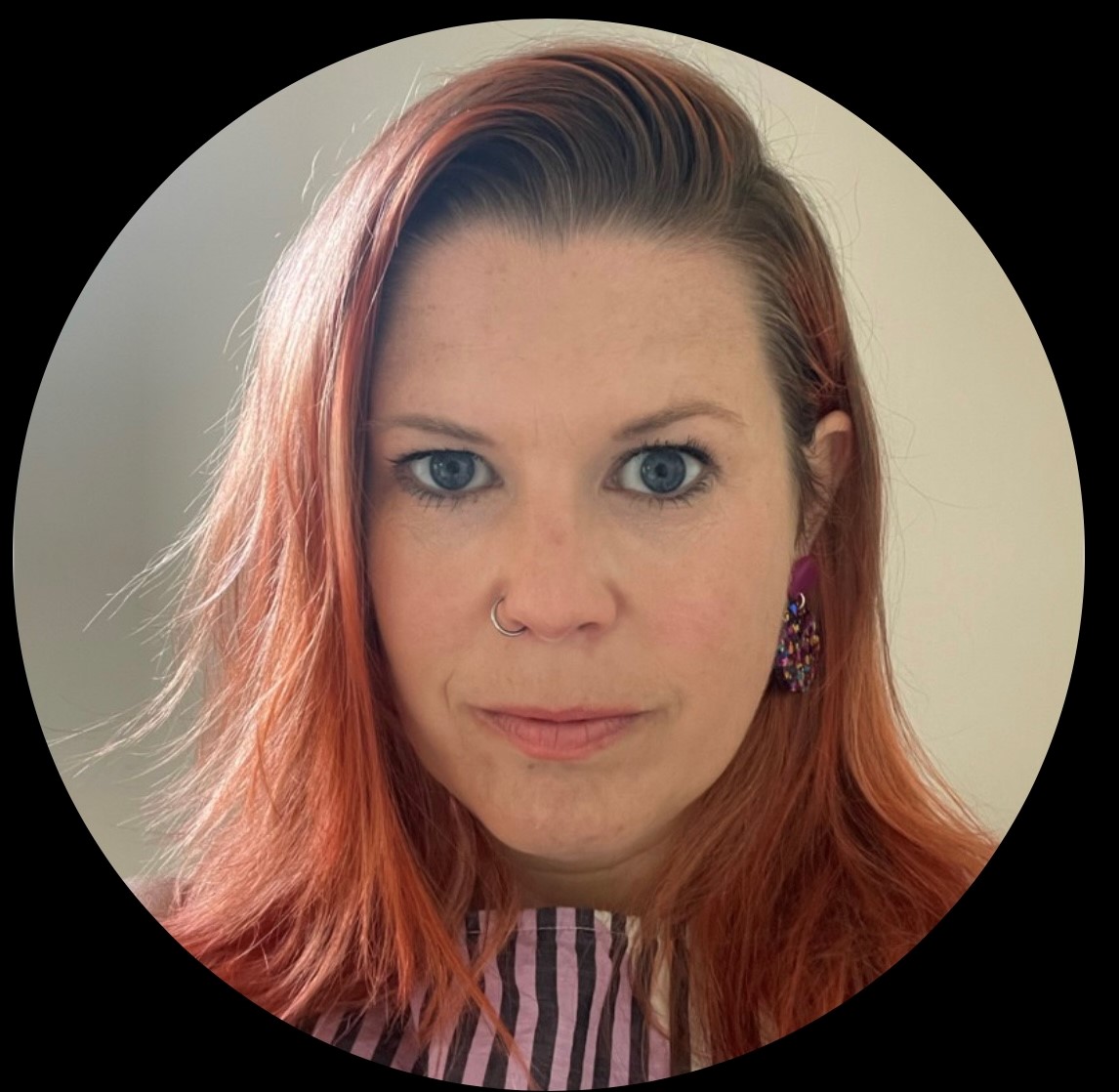
Dr. Alice Morgan, Coordinator of Clinical Psychology at the Royal Children's Hospital, Melbourne, Australia, and research team Rachel Lassman (Baby Ubuntu) and Michael Gumisiriza (Cohere) are proud to be the recipients of the 2023 ACBS Foundation Grant - Aaron S. Luoma Fund for Global Equity to complete a research project: Helping caregivers create Mighty Children: A Caregiver Support program for Children living with disability in a refugee camp.
The Mighty Children program was a 9 week peer support and education program for caregivers of children living with disability. Based off the Getting to Know Cerebral Palsy program, and with the addition of ACT techniques targeting caregiver well-being and resilience through mindfulness, gratitude and acceptance, Mighty Children had previously been found feasible and acceptable in a humanitarian setting in Afghanistan. This Foundation Grant them to train expert-parents and community workers in a Refugee-led Organsiation to run the intervention in their community. They then trialed the feasibility and acceptability of the intervention for a refugee setting in Uganda for caretakers of children living with a disability aged 2-10 years old. It is hoped that with further investment this program, it may be rolled out in larger trials in across the refugee camps in Uganda and potentially other countries.
Grant Report - December 2024
The Mighty Children program has created lasting positive change in five key areas:
1. Empowerment and well-being of Caregivers: Perhaps the key change from the Mighty Children groups was a change in the self-efficacy, hope and empowerment of the caregivers participating in the group. A sense of belonging and connection fostered by meeting a group of women living in a similar context was enhanced through the ACT-based exercises incorporated into the manual. The group was observed to reduce caregiver isolation and stress and foster emotional resilience.
Caregivers reported in focus groups conducted in Oct 2024 that they better understood their child, that they were able to act as advocates in their communities for their children and that they were able to reduce stigma amongst family and community members. The “Pause and Tune In” (ACT-based strategies) combined with positive parenting strategies allowed them to build reflective capacity and patience, enabling caregivers to meet their children’s needs physically and emotionally, which led to more empathetic and supportive parenting.
“The activities (pause and reflect) help me to relax and refocus, which I rarely get time to do” (Caregiver, focus group)
“I have learned to be more mindful of my emotions and how they affect my caregiving; the techniques are simple and easy to apply during stressful moments” (Caregiver, focus group)
“I used to think that my child was bewitched which made me hesitant to seek for medical attention... not until I joined the group and we were taught about disability, causes, clinical symptoms, support and management” (Caregiver, focus group)
2. Enhanced Development for Children with Disabilities: A key component of the Mighty Children program involved teaching practical skills that aided the development of communication, motor skills and other developmental tasks. Facilitators also work to connect children to essential resources, where available, such as special education and therapies to promote their growth and development. Caregivers reported that working with their children in these ways allowed their children to reach significant developmental milestones and attend school (where few had previously attended), despite impairments. Families reported improvements in eating, walking, standing and talking, as well as general improvements in inclusion.
The combination of practical skills, advocacy and caregiver empowerment allowed children to thrive in a newly supported context, which had flow-on effects to family functioning and well-being in many instances. Children were observed to be included more readily in family and community events, and an increase in school attendance was observed in nearly all participants.
“I thought that epilepsy is contagious, and I never allowed my daughter to share a bed, food and drinks, clothes and play materials with her siblings which was causing a lot of trauma in her life and she was always in isolation. When we learnt on how to care for disabled children, I changed my mindset, and the entire family too, and are living happily” (Caregiver, focus group)
3. Positive Change in Community Attitudes: Although advocacy was only a small component of the manualised program, the flow-on effect of education, knowledge, empowerment and support appeared to result in increased advocacy from caregivers within their community. The large reach of the program through the refugee camp has raised awareness in both participating families and their surrounding environment, which in turn has supported inclusion for children with disabilities.
“My husband divorced me because I produced a child with cerebral palsy which was considered a bad luck in their clan. I joined the mothers of CWDS and learnt how to do stretching exercises and my son learnt how to move with his legs, writing and is now at our nearby ECD and this brought back joy, and my husband returned home” (caregiver, focus group).
4. Long-Term Social and Economic Benefits: Longer term benefits are likely to be seen in the field of Inclusion for children with disability. Increased school attendance and community participation has already been observed, with this likely to result in their ability to contribute meaningfully to society in other areas. Similarly, caregivers are better equipped to meet their child’s needs and to offer responsive parenting, which may reduce healthcare costs through reduced disability.
Although not directly related to the ACBS grant, the add-on program that provides caregivers with opportunities to learn and participate in financial education and profit-generating activities may allow these families a step out of poverty.
“My child’s condition was an excuse for every problem I could face in my marriage and I hated her like nothing but I realized that it was not the case and I needed to love and care for her, after being trained in disability I developed that love and care for her which helped her to improve and life is moving on smoothly”
5. Impact on CBS and the research community: It is hoped that this program will contribute significantly to the CBS and ACT research base, particularly in the field of adapting ACT and CBS to low-resource humanitarian settings. This initial pilot program that examined adapting a previous ACT-based program for an East African refugee camp has suggested that this model is sustainable, feasible and scalable. It has also suggested that manualised programs conducted by minimally trained but uneducated (in ACT, CBS or mental health) facilitators is a workable model for future projects. This finding increases the reach of ACT and CBS into vulnerable and hard to reach populations such as refugee camps, conflict and other humanitarian spaces.
It is hoped that we will be able publish initial research related to the methodology of the Mighty Children program, and the outcomes of the Focus Group. It is also hoped that based on these results, we will be able to apply for a larger grant to scale this program across refugee camps in Uganda.
In related research, an article was recently published on the original iteration of this project in the British Journal of Global Health: Evans N, Ahmadi N, Morgan A, et al. Supporting caregivers of children living with disability in a humanitarian context: realist-informed evaluation of the ‘Mighty Children’ programme in Afghanistan. BMJ Glob Health 2024;9:e012989. doi:10.1136/ bmjgh-2023-012989
This article is the first iteration of what is hoped to be many published works around the Mighty Children program, promoting the use of ACT with caregivers in fragile settings. It is hoped that ongoing published work and promotion will allow for larger grants to run effectiveness trials of this program.
We thank you for your support of this grant – particularly recognising that you gave us this opportunity despite not being the original winner of the ACBS Foundation grant. This small amount of money has allowed us to do truly life-changing work in Rwamwanja refugee camp with an inspiring refugee-led organisation. We are excited about the next phase of evaluation and scaleup.
We have included some photos from the groups for you!
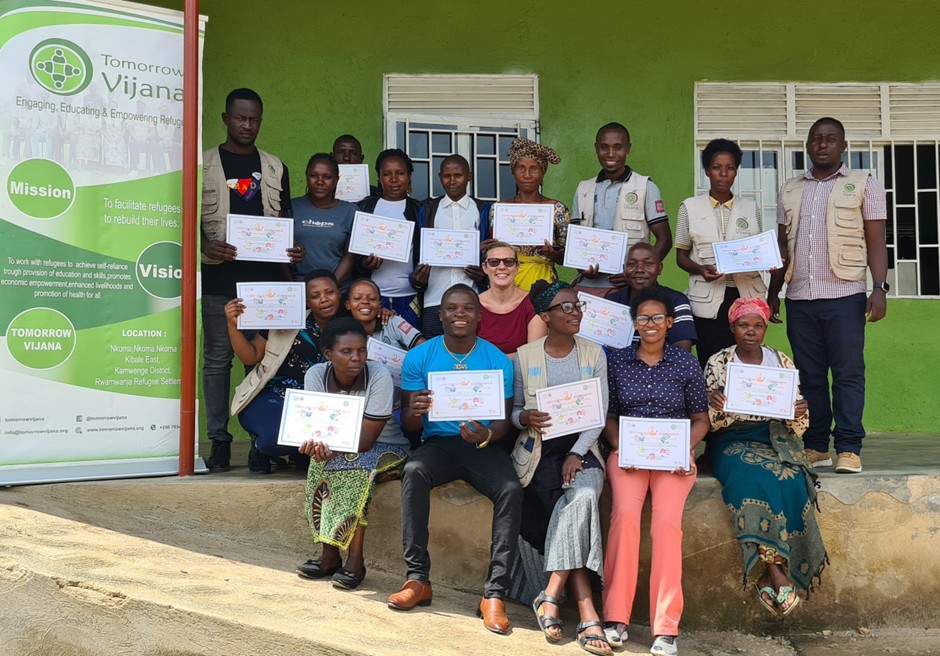
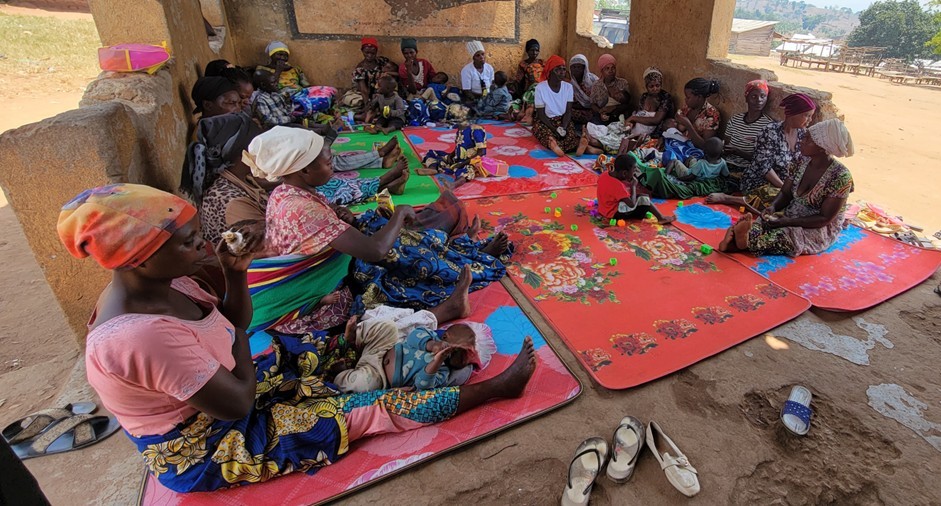


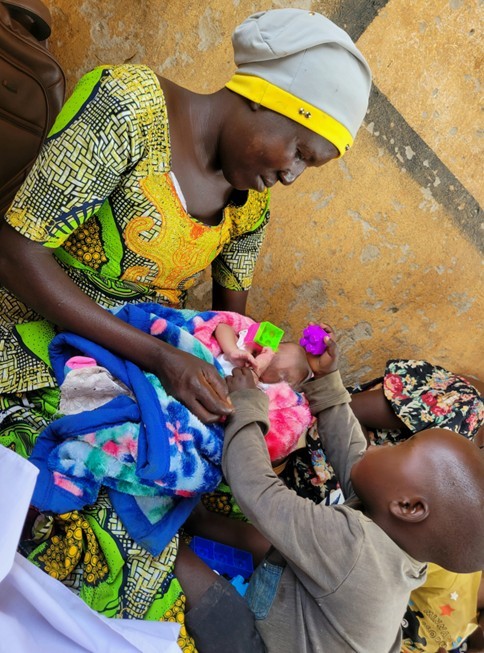
(Photos posted with permission.)
